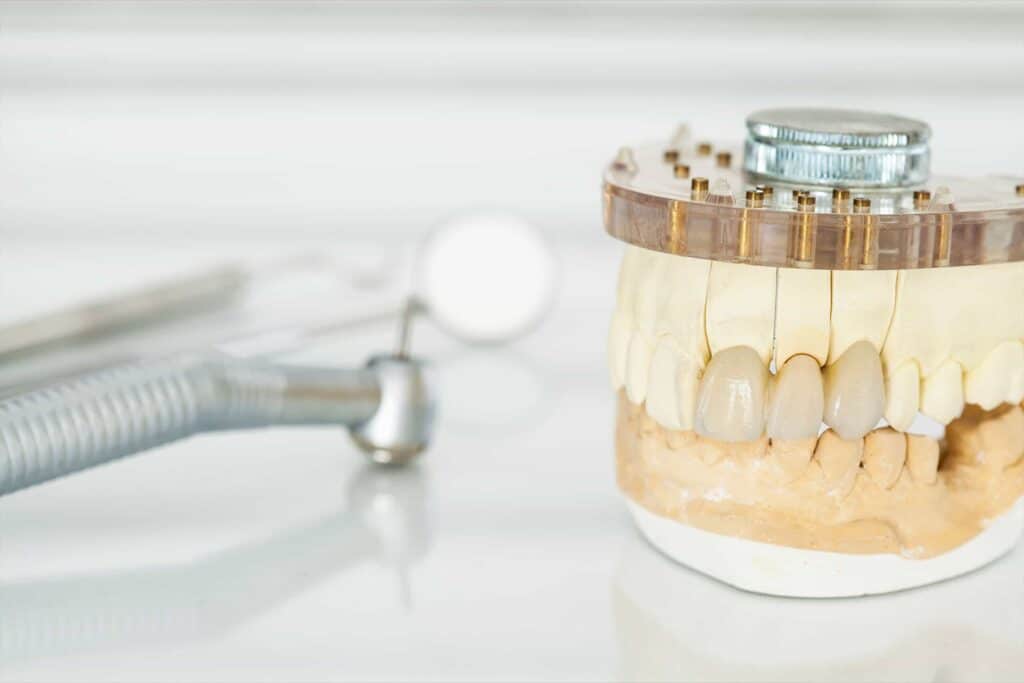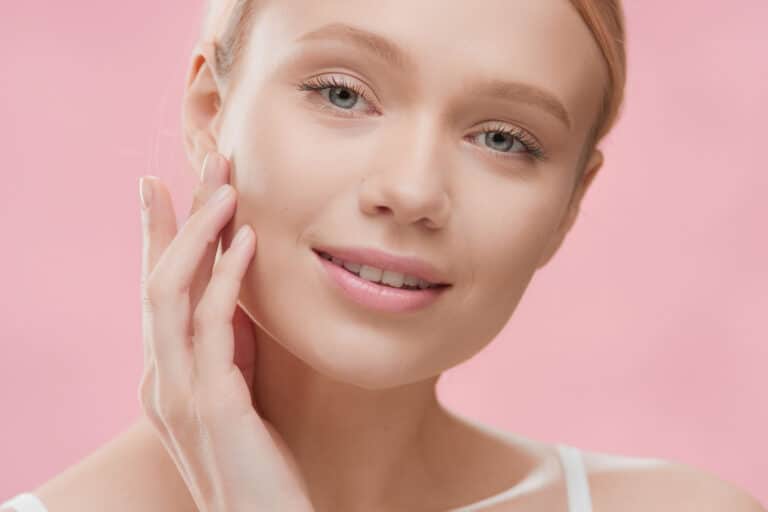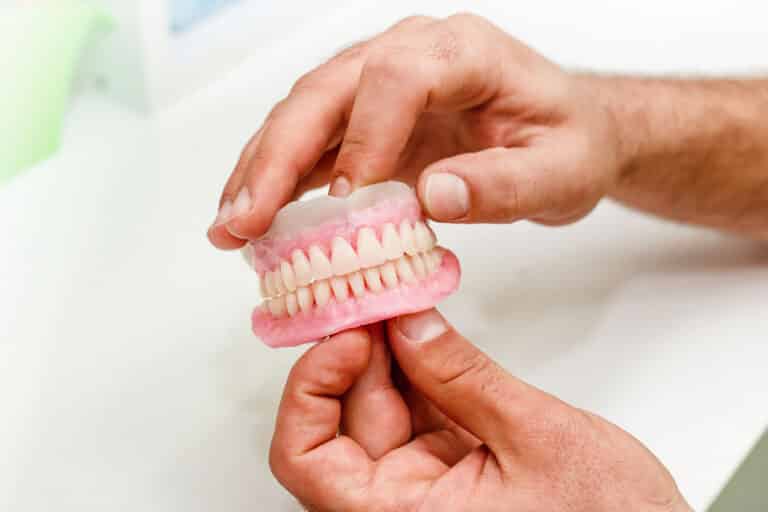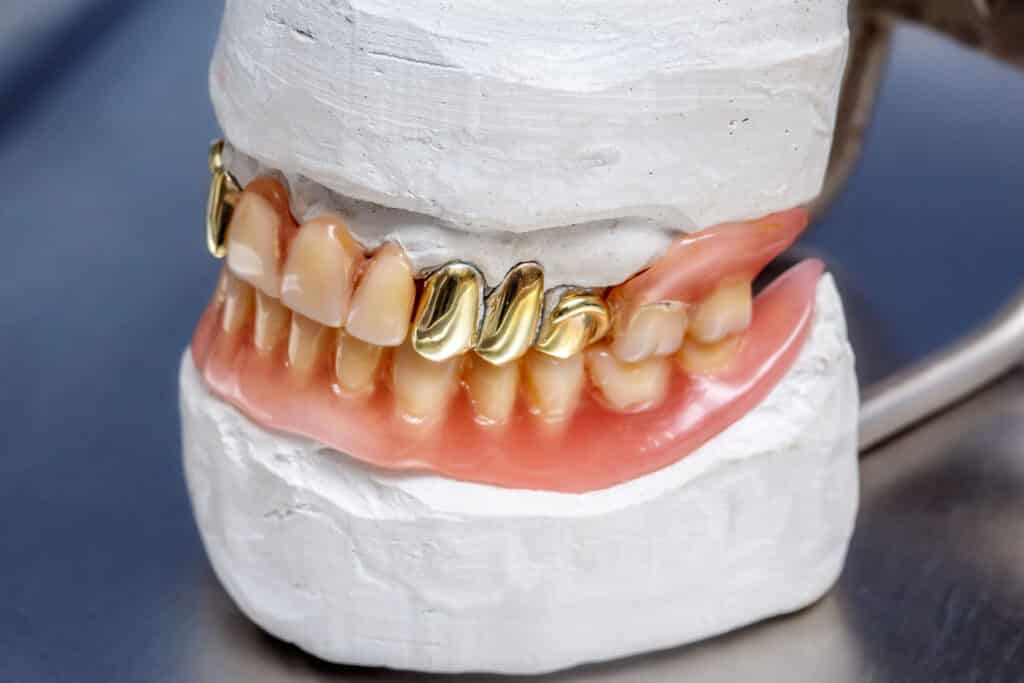The answer to this question will vary from person to person. However, most dental health professionals recommend that you brush your teeth at least twice a day, and preferably after every meal. However, there are certain circumstances where brushing more often may be necessary.
If you have braces or other dental appliances, you will need to brush more frequently to prevent food and plaque from becoming trapped in them. Also, if you have a condition such as gingivitis or periodontitis, your dentist may also recommend brushing more often.
Though, twice a day should be sufficient for most people. Use a good toothbrush, toothpaste, and floss regularly to keep your teeth and gums healthy.
What is the Best Time I Should Brush My Teeth?
The best time to brush your teeth is after you eat when the food and plaque are most likely to be present. This is impractical for most people, so at the very least rinsing out your mouth with tap water or chewing sugar free gum can be a more practical substitute. However, if you have braces or other dental appliances, you will need to brush more frequently to prevent food and plaque from becoming trapped in them. If you have a condition such as gingivitis, your dentist may also recommend brushing more often.
Ideally, a person should brush 30-60 minutes after eating a meal. The mouth’s pH is at its most acidic after eating and the teeth are more susceptible to abrasion. Waiting until the mouth acid neutralizes naturally before brushing helps to keep the teeth healthy and remove any food particles or plaque. Normalization of the pH helps to prevent cavities and other dental problems.
It is also best to brush at night before bed, and this helps remove any plaque or bacteria that may have built up during the day. There is reduced salivary flow at night, so anything that isn’t cleaned before bed will sit on the teeth for a long time. This increases the odds of getting cavities or gum disease. Plus, it’s an excellent way to start your day off with a clean mouth.
What Type of Toothbrush Should I Use?
There are many different types of toothbrushes available, and it’s essential to find one that suits you. Some people prefer manual toothbrushes, while others prefer electric toothbrushes.
However, we do recommend an electric toothbrush over a manual. The reason is simple: electric tools are able to complete tasks often better and with less effort than manual tools. In the same way an electric drill or nail gun can place screws or nails down faster than a screwdriver or hammer, an electric toothbrush will generally be able to clean teeth better than a manual one.
How Often Should I Change My Toothbrush?
You should change your toothbrush or toothbrush head every 3-4 months, or sooner if the bristles become frayed. A new toothbrush helps remove plaque and bacteria more effectively than an old one. Plus, it’s just good hygiene to change your toothbrush regularly.
How Often Should I Brush My Teeth?
This is the best answer question by your dentist or dental hygienist. They will be able to give you specific recommendations based on your individual needs. However, most people should generally brush their teeth at least twice a day and at night, before sleeping, is going to be a very important time.
The interval between brushing teeth is also an essential aspect of oral care. As aforementioned, dentists generally advise brushing teeth 30 to 60 minutes after every meal for the best results, although for practical reasons vigorously swishing with tap water or chewing sugar free gum is acceptable as well. If you get lots of food trapped between your teeth, you may need to floss after meals. If this is the case, you do not need to wait to floss as you would with brushing.
How Often Should I Floss My Teeth?
Flossing is the process of using a thin, flexible strand of material (called “floss”) to remove plaque and food particles from in between your teeth. It also breaks up the bacterial biofilm that is constantly forming on your teeth. It’s important to floss because even if you brush regularly, there are still areas that your toothbrush can’t reach.
If you don’t floss, plaque and bacteria can build up in these areas and cause cavities or gum disease. That’s why it’s essential to make flossing part of your daily routine.
Generally, you should floss your teeth at least once a day, preferably after every meal. Flossing helps to remove plaque and bacteria from in between your teeth, where a toothbrush cannot reach. It is an essential part of oral care and should not be neglected.
How Long Should I Brush My Teeth?
You should brush your teeth for at least two minutes. Brushing for a longer time is even better and will help remove more plaque and bacteria. There are timer apps available that can help you keep track of how long you’re brushing for. Or, you can set a timer on your phone or watch to make sure you brush for long enough.
The two minutes are broken down into four quadrants, each of which should be brushed for 30 seconds each:
- top left
- top right
- bottom left
- bottom right
How Often Should I See My Dentist?
You should see your dentist at least once a year for a routine cleaning and check-up. However, suppose you have a condition such as gingivitis. In that case, your dentist may recommend that you come in more frequently for cleanings.
It’s essential to see your dentist regularly so that they can catch any problems early and prevent them from becoming worse. Plus, regular cleanings help remove plaque and bacteria from your teeth and gums, which can help keep your mouth healthy.
What Order Should I Brush, Floss, or Use Mouth Rinse?
The studies have shown that the differences between brushing or flossing first don’t have a significant difference in the order. The studies have concluded that the most important thing is that they actually occur on a regular basis.
We believe that flossing should happen first which removes the plaque from between the teeth. That way, during brushing, the toothpaste is able to reach between the teeth and help to remineralize any small cavities between the teeth.
What Happens if You Don’t Brush Your Teeth?
If you don’t brush your teeth, plaque and bacteria will build up on your teeth and gums, leading to cavities, gum disease, and other dental problems. That’s why it’s so important to brush regularly.
Common problems that result from failing to brush teeth:
- Staining: plaque and bacteria can cause your teeth to become stained over time
- Cavities: if plaque and bacteria are not removed regularly, they will form cavities in your teeth. If left untreated, cavities will get into the nerve, causing immense pain and will need costly treatment to fix.
- Gingivitis: gingivitis is an early form of gum disease and can be treated if caught early. If left untreated, it can lead to more severe gum disease.
- Unsightly teeth: if plaque and bacteria are not removed, they can cause your teeth to become yellow and stained over time
- Halitosis (bad breath): plaque and bacteria can cause bad breath, which is not only unpleasant but can also be a sign of more serious dental problems
- Eventual loss of teeth: if gum disease is not treated, it can lead to the loss of teeth
Should You Use Whitening Strips Before or After You Brush Uour Teeth?
It is best to use whitening strips after you brush your teeth, as this can help to remove any remaining plaque or bacteria. This allows for the bleaching material to have more contact with the surface of the tooth. Since the bleaching material needs time and direct contact, not brushing before using whitening strips will be less effective.
Many people choose to brush and floss after dinner (wait at least 30 minutes) then to wear the whitening strips for a few hours before bed. This is going to be the most practical way for most people to have a few uninterrupted hours of contact so the whitening strips can be the most effective.
In Conclusion
Regularly brushing and flossing your teeth is the best way to keep your mouth healthy. Be sure to brush for two minutes and floss once a day. Brushing at night is the most important time and we believe flossing should occur before brushing although the most important thing is that both occur daily. You should also see your dentist regularly for cleanings and check-ups to prevent and treat disease.
Was this post helpful?
Table of Contents
- What is the Best Time I Should Brush My Teeth?
- What Type of Toothbrush Should I Use?
- How Often Should I Change My Toothbrush?
- How Often Should I Brush My Teeth?
- How Often Should I Floss My Teeth?
- How Long Should I Brush My Teeth?
- How Often Should I See My Dentist?
- What Order Should I Brush, Floss, or Use Mouth Rinse?
- What Happens if You Don’t Brush Your Teeth?
- Should You Use Whitening Strips Before or After You Brush Uour Teeth?
- In Conclusion





